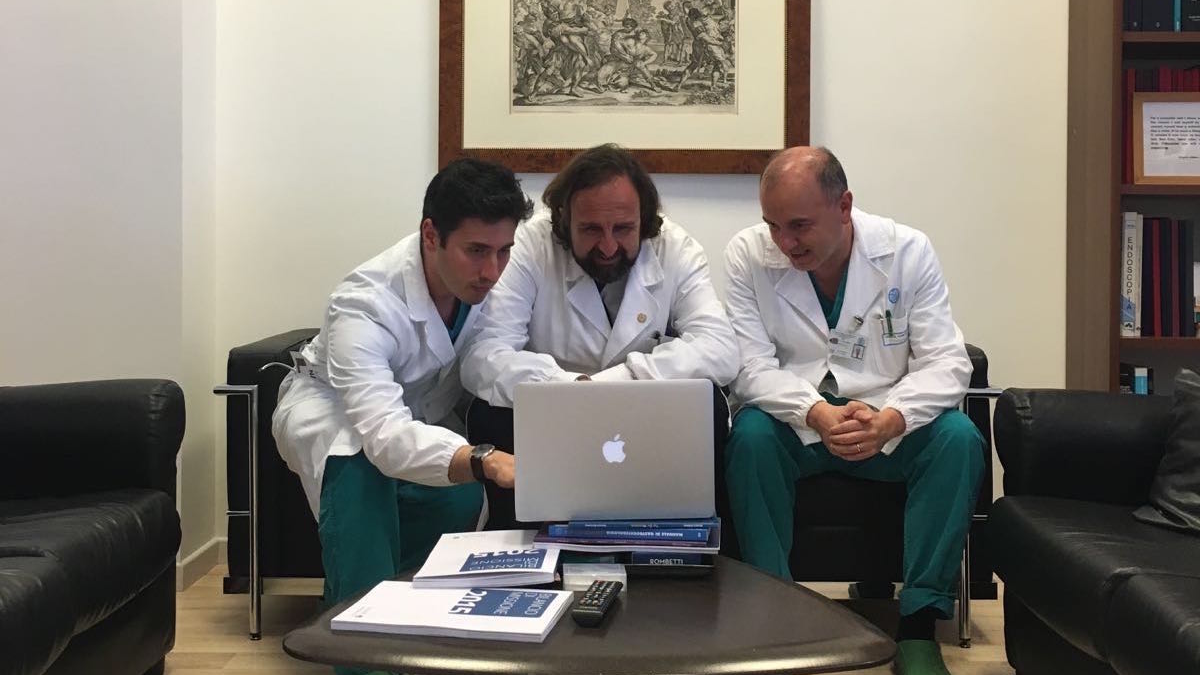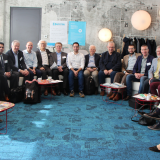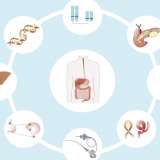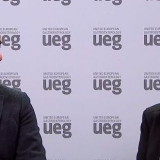Dr Christen Rune Stensvold is a Senior Scientist and Public Health Microbiologist with specialty in parasitology. He has a Bachelor degree in Medical Sciences, an MSc in Parasitology, and a PhD in Health Sciences. He has been based at Statens Serum Institut, Copenhagen, since 2004. Since 2006, he has authored/co-authored more than 80 articles in international, peer-reviewed scientific journals. In 2013, he was awarded the Fritz Kauffmann Prize for his contribution to clinical microbiology in Denmark. For many years, he has been pursuing the role of common intestinal micro-eukaryotes in human health and disease. Follow Rune on Twitter @Eukaryotes.
Blog
What gastroenterologists need to know about gut microbiota
November 23, 2016 | Christen Rune Stensvold

Microbiology has never been more relevant to gastroenterology than now! Gastroenterologists are to an increasing extent faced with both research data and questions from their patients on the structure and function of gut microbiota, and ways to modulate it in an attempt to prevent and cure disease. Two online courses that aim to provide gastroenterologists with some essential knowledge on when to care about gut microbiota in clinical practice and how gut microbiota can be manipulated for therapeutic reasons have been made available via the UEG Education website.
Earlier this year, the UEG E-learning team worked with Giovanni Cammarota, Antonio Gasbarrini, Gianluca Ianiro and colleagues to develop and launch the CME-accredited online course “Faecal microbiota transplantation” (FMT). FMT has proven remarkable effective in the treatment of recurrent Clostridium difficile infections, but may have an even broader application range, potentially being relevant to treating diseases such as inflammatory bowel disease and metabolic syndrome. The FMT online course gives a summary of the applicability of FMT, and goes through important aspects related to patient selection, donor screening, material preparation and routes of FMT delivery.
Although FMT is gaining in popularity and is one way to overcome issues related to the use of antibiotics, sceptics would say that we only know in part what we are doing when infusing faecal matter to treat diseases, and that the long-term consequences of FMT are unknown. Nevertheless, better tools based on cutting-edge technology are being developed to make sure that it is possible to obtain an exhaustive profile of the plethora of microbial species that may be present in stool. Such tools will ensure that nothing is ‘overlooked,’ and will also provide more knowledge of what does and does not work. Some of the tools that are currently in use to detect and differentiate intestinal microbes are presented and explained in the FMT course and in the CME-accredited ESNM online course “Gut Microbiota” by Fernando Azpiroz and Paul Enck.
Questions such as “Can my gut microbiota be analysed?”, “What is the difference between prebiotics and probiotics and when should they be used?” and “Is obesity related to gut microbiota?” might pop up from time to time in clinical practice. The Gut Microbiota online course gives an overview of what you need to know to answer these questions and information on when gut microbiota profiling makes sense—it's also perfect if want to brush up your knowledge on some of the roles of the gut microbiota.
Happy learning!
-
About the Author




Please log in with your myUEG account to post comments.